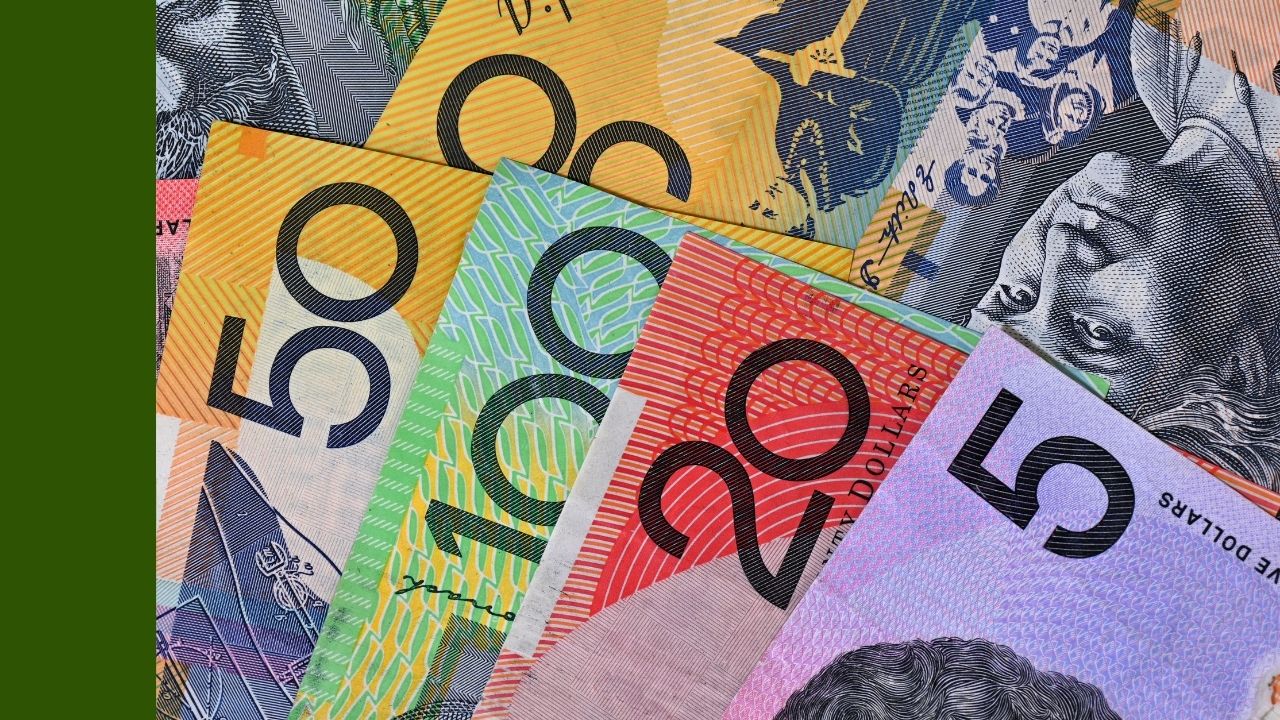Investors who bought Medibank Private Ltd (ASX: MPL) shares when it listed on the ASX at $2.15 have seen their investment rise by around 34% to ~$2.89 over the last four-and-a-half years.
However, that doesn’t tell the full story, as when dividends of 66 cents are thrown in (including franking credits), the return rises to a respectable 65%, or around ~12% annualised. I think you’ll agree that’s not half bad. But the key question now is: can Medibank continue to impress?
Here are some risks to consider…
1. Government Regulation
Private health funds have been notorious for selling consumers ‘junk’ policies. A ‘junk’ policy is one that provides a low level of cover at a low cost and often has an extensive list of exclusions or conditions. These policies are/were great for health insurance companies’ profits but not so good for consumers.
Fortunately, as of 1 April 2019, new reforms mean all private health insurance products must be categorised into four tiers of cover: gold, silver, bronze and basic. The idea behind this is to make it easier for consumers to compare what’s covered under each category and find suitable cover, thus eliminating the sale of unnecessary ‘junk’ policies.
2. Lower Premiums
One of the biggest things included in the Government reforms to health insurance was the lifting of the available excess on a policy from $500 to $750. Why is this important? Well, a higher excess means consumers pay a lower yearly premium. This is a huge win for savvy consumers that are healthy and not likely to claim, but it’s a loss for private health insurance providers as it makes it more difficult to grow their premium revenue.
At the time of writing, I have a $500 excess on my insurance policy. BUT, I can assure you that will be changed to $750 tomorrow to reduce my premium and save some money!
3. Consumers Are Jaded
Along with the sale of ‘junk’ policies, consumers have found out the hard way that of the few services their policy would cover, they would only provide benefits at public hospital rates. This means the patient can either choose a public hospital at no cost to them or fork out significant out-of-pocket fees to visit a private hospital. As a result, more and more consumers are questioning whether their private health insurance provides value for money.
4. Consumers Slowly Catching On
Even those people who have quality cover are often shocked to learn that their private health insurance will often only pay 75% of the fee set out in the Medicare Benefits Schedule (MBS) (excluding gap cover), with Medicare paying 25%. The problem is that Medicare’s MBS indexation has been frozen for several years and not come close to keeping up with inflation.
Keep in mind health care professionals and hospitals are free to set and charge their own fees.
Their fees are often higher than the MBS. The MBS is the price that the Government pays the hospital/professional for a procedure. The difference between the MBS and what the expert charges is called the ‘gap’. This gap is not well understood but it can easily run into thousands of dollars for a procedure. Naturally, many consumers are shocked to find out they have to pay a gap fee as they discover their health insurance is not what they think it is.
Is It Time To Buy or Sell Medibank Shares?
A simple way to sum it up is that health insurance companies are fighting profit margin compression. This is due to limited growth in premium revenue as savvy consumers who are healthy are upping their excess to $750 to save on premiums.
At the same time as the MBS is thawed and surgery and hospital prices increase, health insurance providers are facing increasing costs which have been fixed for a number of years while they previously had rising premiums throughout.
I’d rather consider buying shares in the 3 ASX companies contained in the free report below…
[ls_content_block id=”14948″ para=”paragraphs”]
Disclosure: at the time of writing, Andrew has no interest in any of the companies mentioned.







